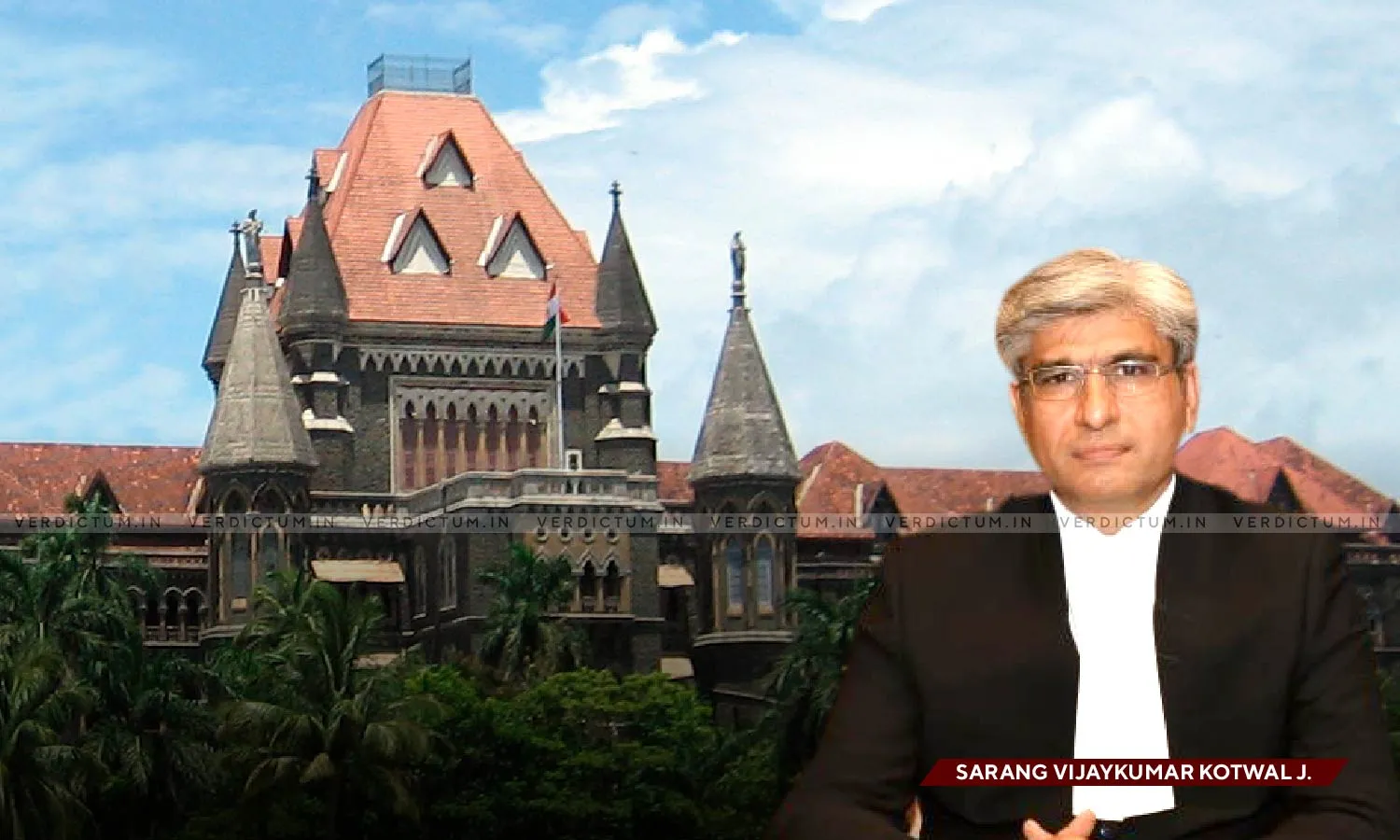All Requirements Under Fugitive Economic Offenders Act Properly Complied: Bombay HC Rejects Plea Of Mehul Choksi Against ED

The Bombay High Court has rejected the plea of businessman Mehul Choksi filed against Enforcement Directorate (ED) saying that all requirements under Section 4 of the Fugitive Economic Offenders Act, 2018 (FEO) and Rule 3 of the FEO Rules are properly complied with.
Mehul Choksi had challenged the order passed by the Special Judge whereby he filed an application for directions to dismiss the application preferred under Section 4 of FEO Act.
A Single Bench of Justice Sarang V. Kotwal observed, “Looking at all these aspects of this matter, firstly I do not find any infirmity in the verification and even otherwise I find that all the requirements under Section 4 of the FEO Act and under Rule 3 of the FEO Rules are properly complied with in this case. Therefore, I do not see any reason to interfere with the impugned order and hence the application is rejected.”
The Bench said that Section 4 of the FEO Act and Rule 3 of the FEO Rules are made to further the objective of the Act and they cannot be bypassed by taking recourse to the other provisions of CrPC to contend that the affidavit was not proper.
Advocate Vijay Aggarwal appeared for the applicant while APP A.R. Patil appeared for the State and Special PP H.S. Venegavkar appeared for ED.
In this case, an FIR was registered in 2018 under Section 120-B read with 420 of IPC and under Section 13 (2) read with 13(1)(d) of the Prevention of Corruption Act 1988 (PCA). Pursuant to the FIR, the charge sheet was filed by the CBI before the Special CBI Judge and the judge took cognizance against the applicant and the other accused. It was registered as Special CBI Case and was pending before the Special Judge. In pursuance to the registration of the FIR by the CBI, the ED registered Enforcement Case Information Report [ECIR] and filed a complaint under Section 45 of the Prevention of Money Laundering Act, 2002 (PMLA) before the Special PMLA Court.
That court took cognizance against the applicant and the other accused and the case was pending before that court at the stage of appearance. The ED filed an application under Section 4 read with Section 12 of the Fugitive Economic Offenders Ordinance, 2018 praying that the applicant be declared as a fugitive economic offender and his properties be confiscated under FEO Act. The applicant filed an application before the Special Judge praying for dismissal of the application filed under the FEO Act on the ground that the application under Section 4 of FEO Act was not accompanied by an affidavit as contemplated under Section 297 of CrPC. This application was filed which was rejected by the impugned order and hence the application was filed before the High Court.
The High Court after hearing the contentions of the counsel observed, “I find that the application is filed in the format laid down in the said Rule 3. Therefore, there is sufficient compliance with the requirement of Section 4 of the FEO Act. … Therefore, accepting the arguments of Shri Aggarwal that a thing which is directed to be done in a particular way has to be done in that way only, in the present case, I find that the application is properly filed under Section 4 of FEO Act.”
The Court said that when special procedure is provided under the Special Act, i.e., the FEO Act in this case, this procedure will have to be followed, and in this case the said procedure has been followed.
“Section 5 of Cr.P.C. gives more clarity to this issue. Section 5 of Cr.P.C. provides that nothing contained in the Cr.P.C., in the absence of specific provision to the contrary, affect any special law or any special form of procedure prescribed by any other law. Thus, the procedure prescribed under FEO Act is not affected by the provisions of Cr.P.C.”, held the Court.
Accordingly, the High Court rejected the application and vacated the interim relief.
Cause Title- Mehul Choksi v. State of Maharashtra & Anr. (Neutral Citation: 2023:BHC-AS:27808)


